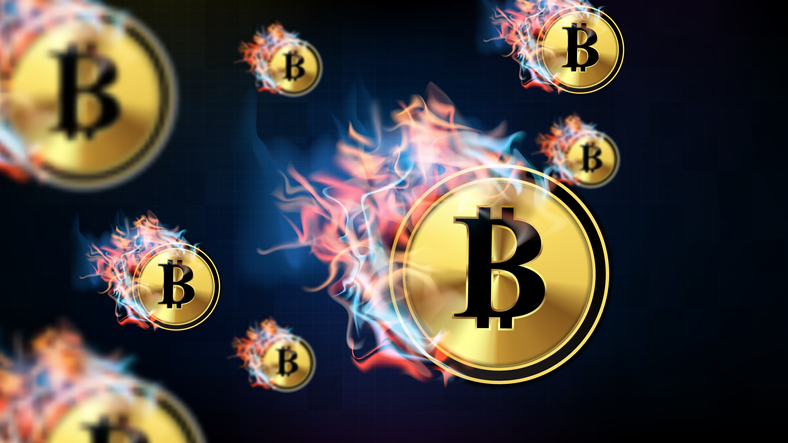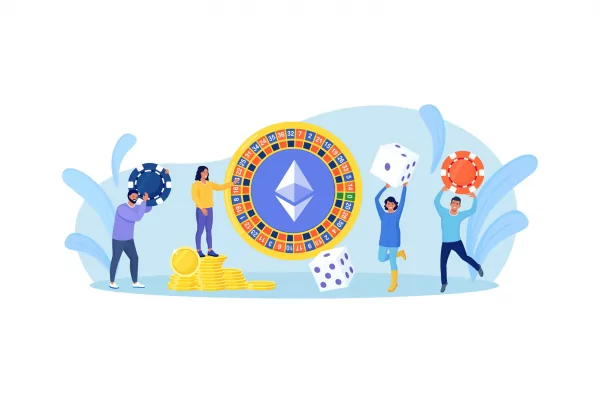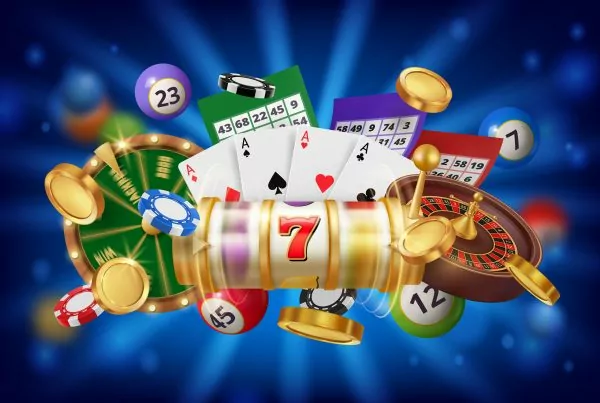
For decades, businesses and consumers have accepted that cross-border payments can take up to a week to process and complete. With the banking infrastructure that we have, this has been the norm, but that has all changed with the rise of cryptocurrencies. Today there are cryptos capable of carrying out transactions in just seconds.
Not only does blockchain technology facilitate much shorter timeframes for transferring money and data, it does so at significantly lower cost to the user. This has had a considerable democratising effect on finance, providing opportunities to those who may have lacked the types of financial services that blockchain can provide.
Not all cryptos are fast
Unsurprisingly, not all cryptos are created equally in terms of transaction speeds. There are many internal and external factors that affect the rate of transactions per second, and the high profile cryptos are often the least efficient.
Bitcoin is still probably the most recognisable name in crypto, yet transaction times are estimated at up to forty minutes. There are many reasons for this, including the efficiency of the underlying blockchain, and the amount of network traffic. Blockchain is an open financial database, and the data that it contains is decentralised as it is duplicated and stored across the computers of the users.
Decentralisation is the key attribute of blockchain, making it completely transparent and entirely secure. There is no central administrator and no one point which can be targeted by hackers. The downside of decentralisation is scalability, as the more users there are for a particular crypto and blockchain, the slower the processing.
The popularity of the Ethereum blockchain has led to a lag in settlements, and it also comes with relatively high charges. One of the coins hosted on Ethereum is Shiba Inu (SHIB), a meme-inspired crypto that gained popularity in part thanks to Elon Musk. Such is the influence and reach of Musk, the value of Shiba Inu reacts when he posts about his pet dog, who is of the same breed that the coin was named for. This is all despite the fact that Musk has publicly said that he holds no SHIB himself.
Rather confusingly, Musk endorses another meme coin featuring a Shiba Inu dog – Dogecoin (DOGE). However, neither SHIB nor DOGE can offer users anything close to the transaction speeds that are possible from other cryptos. Even so, both coins have faster transaction times than most conventional banking methods.
Crypto transactions at fast payout casinos
Online casinos are often early adopters of tech that can benefit themselves or their customers, and crypto payments have been possible at a number of casino sites for years now. While players are keen to seek out reputable casinos with fast payouts, there are more advantages to using crypto than first meets the eye.
It is not just a matter of lucky players getting their winnings quickly, there are also implications for responsible gambling. Casino sites that do not provide speedy payouts can contribute to problematic gambling behaviour. During the waiting period, users are far more likely to use the cash to continue gambling rather than withdraw it. Casinos with fast withdrawals, and especially those that employ crypto payments, help to discourage this aspect of problem gambling.
What are the fastest cryptos?
Back in 2019, researchers at MIT attempted to solve the scalability problem when they launched Vault. The blockchain design drastically reduces bandwidth requirements via a novel approach that allows users to verify only a few points in the blockchain and ‘vault’ over the rest. Unfortunately, despite reducing the bandwidth to join the network by a staggering 99% compared to Bitcoin, the crypto has proven to be one of the most volatile and has not done well in recent months.
So, which of the current crypto coins are the fastest and most useful overall? Bearing in mind that there are estimated to be over 10,000 active cryptos in circulation today, this could be a complicated question. However, around 90% of the crypto market is contained within the top 20 coins.
Focusing only on those included in the top 20, we can identify some of the very fastest. First up is XRP, which reportedly averages at between three and five seconds for a cross-border transaction. It can manage 1500 transactions per second (TPS), which is one hundred times faster than Ethereum and three hundred times that of Bitcoin.
Two others in the top 20 are Cardano and Solana, both of which are working on scalability and improving their TPS even further. Cardano can currently manage 257 TPS and transactions are completed within about 40 seconds, but the goal is to increase TPS to a million. Solana already has a TPS of 2,825, and processes transactions within 0.4 seconds. Not within the top 20, but certainly one to watch, is Nano. This claims to be the fastest crypto coin in existence, and its unique structure means that there are no transaction fees at all.



